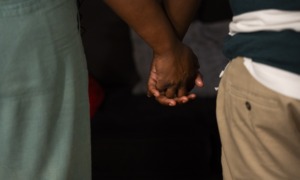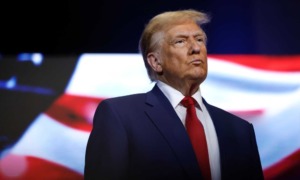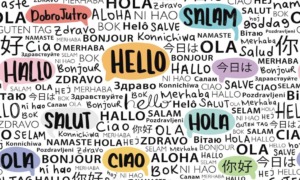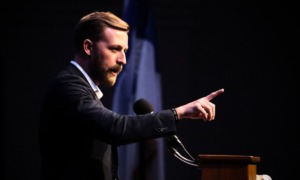Everyone is talking about the importance of the youth vote in this year’s race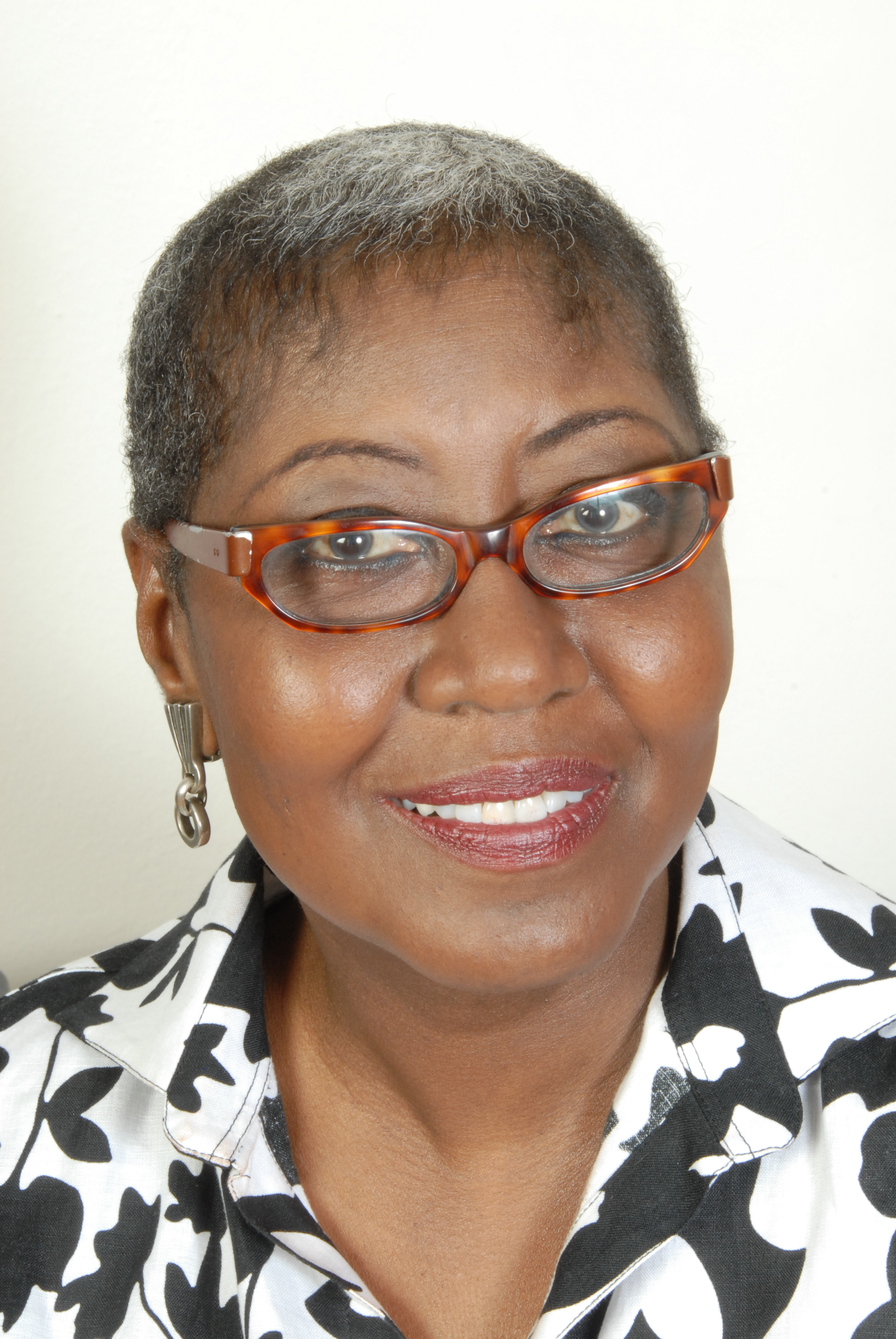 for the White House. Pundits and pollsters are speculating that the harsh economy and disillusionment with President Obama — and politics generally — will keep voters under the age of 30 from the polls.
for the White House. Pundits and pollsters are speculating that the harsh economy and disillusionment with President Obama — and politics generally — will keep voters under the age of 30 from the polls.
Both Obama and Mitt Romney are working hard to appeal to this population. In an attempt to repeat the historic support he got from young people in 2008, Obama is touting plans to make college more affordable by increasing Pell grants and making student loan repayment easier. Romney is hoping to reach disaffected college students by arguing that their job prospects will improve under a Republican administration.
All of this discussion about the youth vote should make those of us in the youth field ask a few questions: Why aren’t the presidential candidates pushing proposals to benefit young people who are not in college — the kind of young people we see in human-services programs every day? And, is there a role here for youth programs in helping to bring more attention to this segment of the under-30 electorate?
The answer to my first question may seem obvious: Young people who aren’t in college don’t vote in numbers that capture politicians’ attention. According to the Center for Information and Research on Civic Participation and Engagement (CIRCLE), young people who don’t attend college have consistently voted at lower levels than their college-educated counterparts, resulting in what election experts call a “turnout gap.” Even in 2008, when the total youth vote reached the highest level since 1972, turnout among college students was 26 percent higher than for their peers not enrolled in school.
Turnout for those with a high school diploma was 39 percent, and only 25 percent of young people who didn’t have a high school diploma went to the polls. These data tell a story that most youth workers already understand. Young people who are disconnected from education and work most likely feel disconnected from the political process. While it may be hard to fault them, it seems critical that more of these young potential voters understand that they have a stake in this democracy.
Politicians pay attention to the people who vote them into office and who can vote them out. Historically, older Americans have been the most dependable voters in this country. We see their payoff in the amount of public resources dedicated to seniors, from Medicare to discount fares on public transit.
Currently, college students are being heavily courted by the candidates because of their turnout in the 2008 election. While there have been some efforts to reach out to young people not enrolled in college, the majority of youth mobilization activities take place on college campuses, even though most U.S. youth don’t go to college. The needs of non-college youth are hardly on the radar.
Youth programs can take a leading role in helping all young people become part of the political process, thereby raising their visibility among policy makers. Youth Build, the noted, national job skills and community service program for low-income, out-of-school youth, has already committed to working on this issue. Given the size of the “turnout gap,” the broader youth field needs to be involved. Youth programs could give participants information about how our government works; help them register to vote; provide information about when, where and how to vote; and educate them about how voting can change public policy.
Young people might very well pay attention to these civic lessons coming from program staff they respect and trust. Or, better yet, youth programs that employ peer-to-peer communication and education can engage their participants as peer educators, and use the best in peer influence to affect their constituencies with hands-on activities. Research shows that providing youth with these types of supports significantly increases the likelihood that they will actually vote and develop a life-long voting habit.
Finally, programs can provide young participants with a place and opportunity to express misgivings they may have about our democracy, even as they are encouraged to find their place in it.
What more important role for youth programs to play in our society than to help register thousands of new, young voters? Clearly, there would be implementation and funding issues to work out, and in politics there are no guarantees. But the payoff could be more attention from policy makers to the needs of all young people and perhaps to the youth-development field generally. What a payoff that would be.
Bernardine (Dine) Watson is a social policy consultant and writer living in Washington, D.C.




